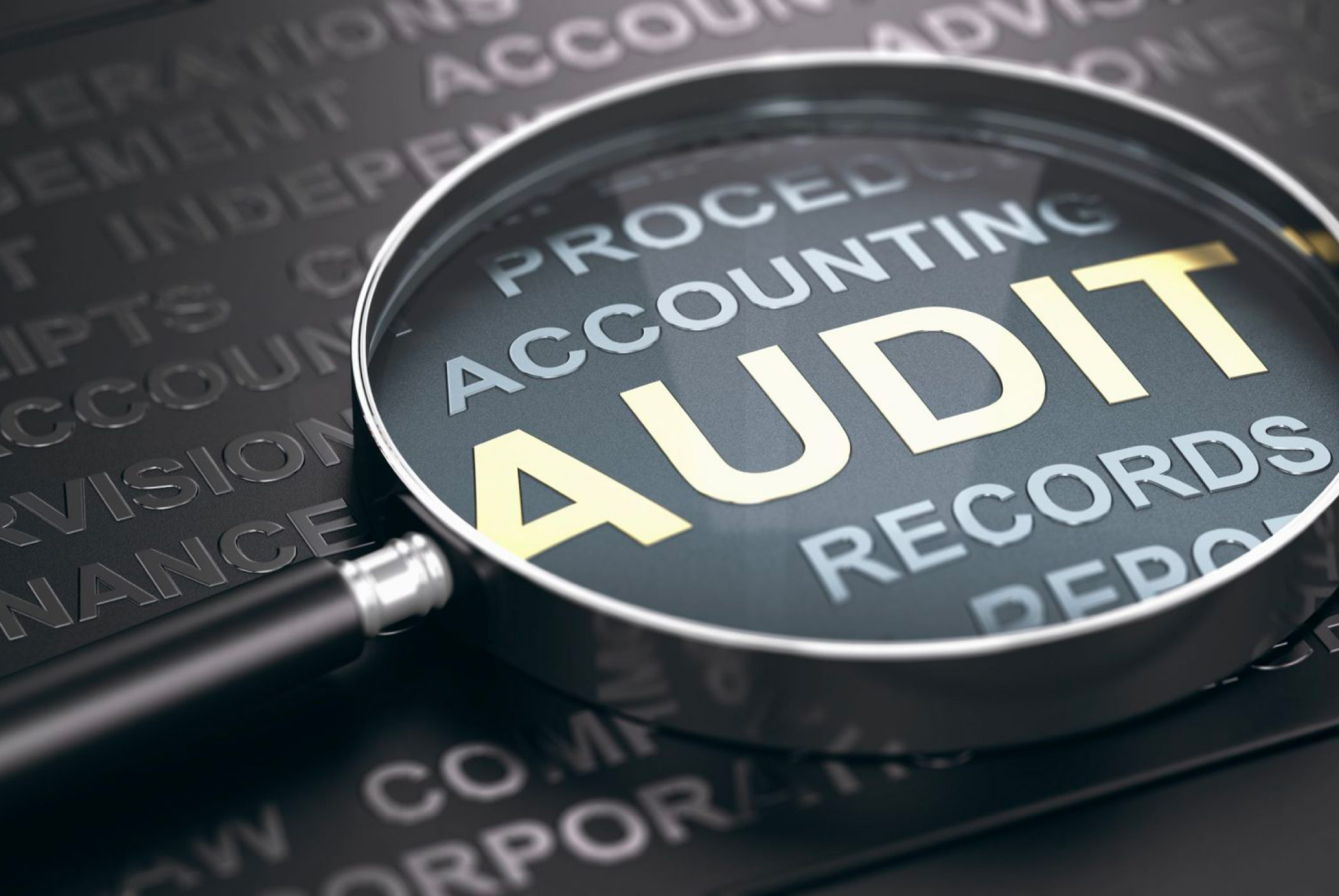
“Had I known, I would have done this or that” is the last thing you want to say when audit season rolls around. Yes, audits are scary to even the most meticulous accountants and they are even scarier and tasking when you are not prepared for them.
We know how rigorous audits can get, so we put together a checklist of 17 tasks that you need to complete to be adequately prepared:
- Review the audit plan and scope to understand which areas will be examined.
- Communicate with auditors to clarify any questions and ensure alignment on expectations.
Want to know how you can stay ready for audit season all year round? Read this article today.
- Gather and organize financial statements, ledgers, journals, and supporting documentation.
- Ensure all relevant documents are up-to-date and readily accessible.
- Perform a thorough reconciliation of all accounts to identify and resolve discrepancies.
- Address any outstanding issues and document the resolutions.
- Review compliance with relevant accounting standards, regulatory requirements, and company policies.
- Document any deviations from established norms and prepare explanations.
- Evaluate internal control procedures to ensure they are effective.
- Identify and rectify any weaknesses in internal controls.
- Ensure there is a clear audit trail for all financial transactions.
- Document key processes and controls.
- Conduct a risk assessment to identify potential areas of concern.
- Develop strategies to mitigate identified risks.
- Brief the finance team about the upcoming audit and their roles.
- Foster open communication to address any concerns or questions.
- Prepare a management representation letter that includes confirmations and assertions about the accuracy of financial statements.
- Analyze findings from previous audits and ensure that corrective actions have been taken.
- Be prepared to discuss improvements made since the last audit.
- Verify the existence and valuation of fixed assets.
- Ensure proper documentation for any changes or disposals.
- Provide necessary training to employees involved in the audit process.
- Ensure everyone understands their roles and responsibilities.
- Conduct a mock audit to simulate the actual audit process.
- Use the results to address any weaknesses and improve preparedness.
- Ensure all required documents are retained and easily retrievable.
- Establish a systematic documentation retention policy.
- Review and document IT controls and systems.
- Ensure the security and integrity of financial data.
- Verify compliance with legal and contractual obligations.
- Have all necessary contracts and agreements readily available.
- Establish open lines of communication with auditors.
- Be responsive to auditor inquiries during the audit process.
By following this checklist, you can enhance the efficiency of the audit process within your organization and demonstrate a commitment to transparency and accuracy in financial reporting.
Need tech support to manage your reconciliations and expense management properly so your financial statements are well organized come audit season? Try Duplo’s solutions today.
Discover what Duplo can do for your business.
Get ready to improve your payment processes.